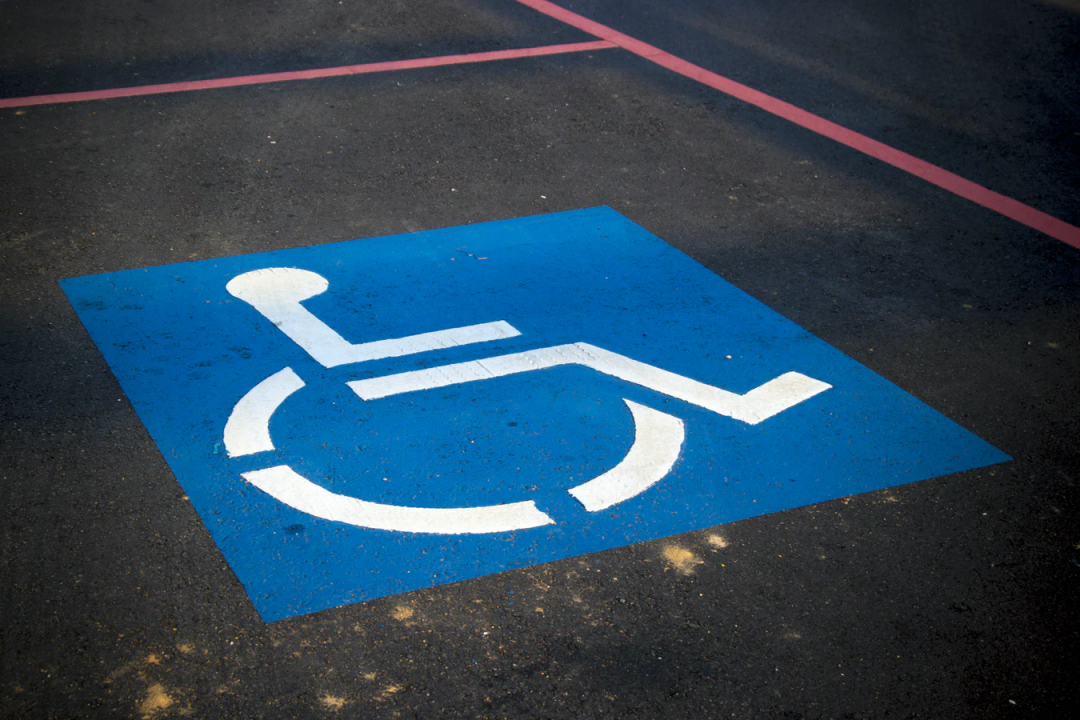Supplemental security income (SSI) is a national program funded by taxes, and it supplements individuals who are eligible for it with cash payments as long as they have been paying for social security.
The program was created back in 1974 under the Social Security Act, which was created by President Nixon in an effort to restructure national welfare programs.
The eligibility of receiving SSI benefits are dependent on important factors that must be met and documented. It’s not uncommon for some people to mistake SSI for SSDI, which stands for social security disability income.
Both programs are governed by the Social Security Administration, but they are distinctively different. In this article, we will be helping you find out whether you’re eligible for SSI benefits, and what that may entail.
Main Conditions and Benefits
Before delving into the eligibility specifics of SSI, it is important to understand that there are general parameters that define who is taken into consideration for SSI.
For individuals without disabilities, they must be over 65 years old to be able to file a claim for SSI. The age condition is removed if the individual is fully or partially blind.
If the individual has a disability or a medical condition that makes them unable to work, in addition to being expected to last for more than one year, it is considered as a disability eligible for SSI.
The payment is set as a standard across all states, which is $783 for an individual and $1,175 for a couple.
The SSI payment is not exactly the same for all states because some may add additional funding to the federal SSI. There are other conditions as well that can affect the payment that you receive, such as family income, location, and who lives with you.
Determine Whether or Not There Is A Disability
A disability must be found by the SSA if you are trying to qualify for receiving Supplemental Security Income payments (SSI).
If you are confused about what is passed as a disability and whatnots, there is a book published by the Social Security Administration (SSA) that encompasses medical listings that explain in detail the accepted criteria for disability conditions that are qualified for receiving supplemental income and the differences between them.
If the disability you are suffering from matches one of the medical listings in the “blue book”, then it is likely that you will be able to qualify for SSI benefits.
If your disability is not included in the SSA’s blue book, then you will need to get a proof that your disability still meets the criteria of one of the listings included and that it still stands in your way of earning a living and working.
SSI Based on Blindness
One of the most common eligibility criteria many individuals apply to SSI is blindness. Being a serious disability that makes working impossibly hard, partially or fully blind individuals receive SSI to help them live reasonably.
If you have a central visual acuity that is less than 20/200 while still using the correcting lens, you are eligible for SSI benefits.
If your better eye is impaired by visual field limitations such as a low-angle diameter, you are still within the SSI for disability parameters. Generally, many visual impairments may not be explicitly listed, but they can still mean being eligible for SSI on a case-by-case basis.
What If You Do Not Have A Disability?
The exception to this rule is very limited, yet it is there. A few people who don’t have disabilities can still qualify for SSI payments.
Even if you are not suffering from any disability yet your age is above 65 years, you still have a chance of qualifying to receive benefits. Still, this is only available for people whose income and assets are below the set threshold. In 2020, the SSI standards for limited income is only up to $783 per month for each individual.
If a couple was applying for SSI payments, then their combined income must be under $1,175. The SSA also has set some rules on what falls under “countable income” including earnings, payments, and non-cash assistance to make sure that they have cleared any confusion.
SSI benefits can mean a very significant element in many people’s lives. A lot of people may be unaware that they’re eligible to receive those benefits, which can cause them unnecessary trouble.
Finding ways to take advantage of SSI benefits will prove to be quite beneficial in the long run. Now that you are better informed, it will be much easier for you to assess whether you are eligible or not.




No Comments